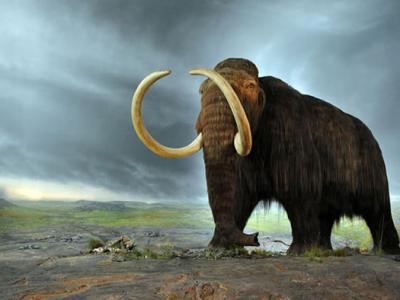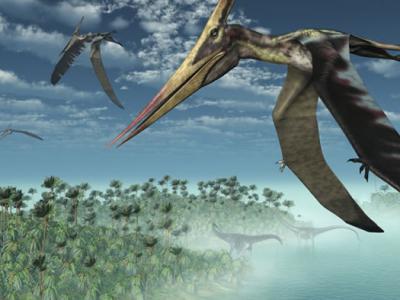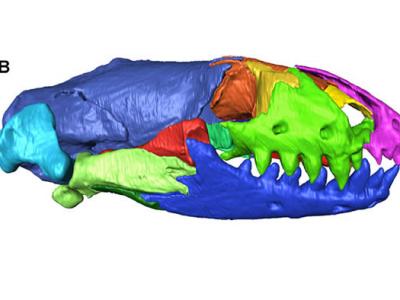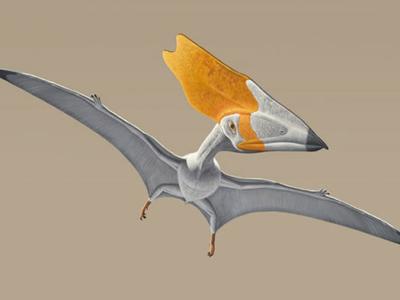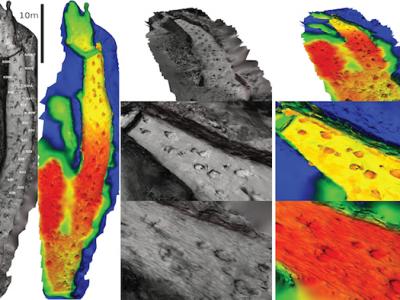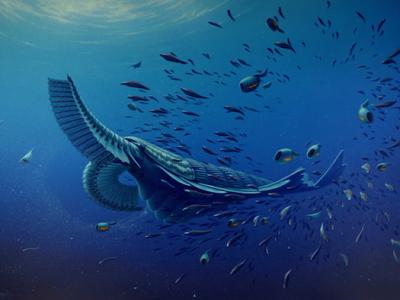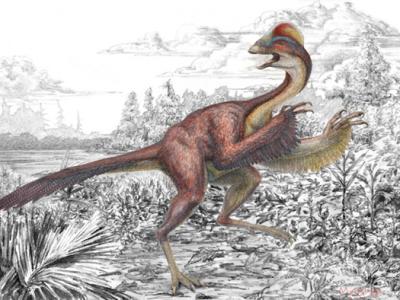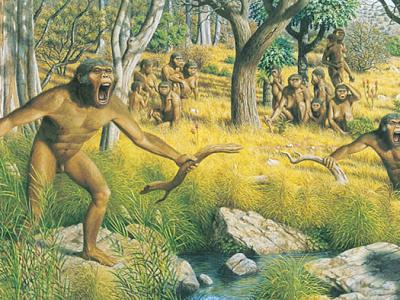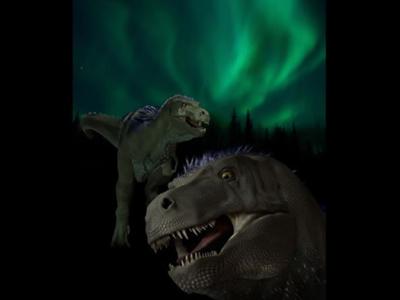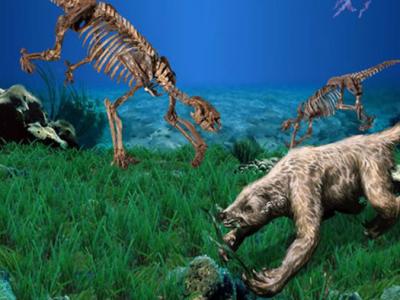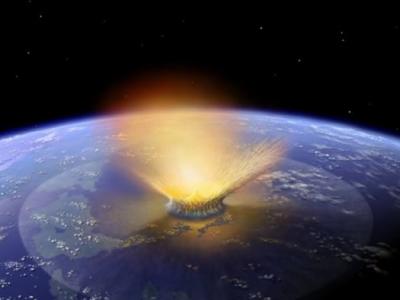Volcano Eruption Baked Rare Rhino Fossil
This rhinocerotid skull found in central Turkey was "baked" and preserved for posterity by a volcanic eruption.
A rare fossil of a rhinoceros that roamed what is now Turkey reveals the tale of a sudden violent death—by volcano, 9.2 million years ago.
The ancient rhino's skull and jaw have a rough surface and brittle teeth. Paleontologist Pierre-Olivier Antoine of the University of Montpellier in France thinks that's because volcanic rock fragments from the Cardak caldera pelted the rhino. A speeding river of ash and rock probably dismembered the animal and "baked" its skull at temperatures reaching 840ºF (450°C).
Just 2 percent of fossils are found in volcanic rock, because the heat usually incinerates organic matter. It's even rarer to find a mammal fossil.
The skull and jaw of the rhino found in Cappadocia, central Turkey, weigh 66 pounds (30 kilograms). They are thought to have belonged to a large two-horned rhino, Ceratotherium neumayri, a species common in the Eastern Mediterranean Province during the late Miocene.
By comparing the tooth wear stages of the fossil with those of a close living relative, the white rhino (Ceratotherium simum), Antoine estimates that the rhino was a young adult of 10 to 15 years when it died.
"The rhino was not at the right place at the right time-except for us paleontologists," Antoine said. He and his researchers found the fossil 18.6 miles (30 kilometers) north of the eruption site, and believe it was carried there by a stream of volcanic ash, pumice, and pebbles. That probably helped the fossil survive to the present day.
The results of Antoine's study were published November 21 in the journal PLOS ONE.
Sasha Ingber
for National Geographic News
Published November 30, 2012

